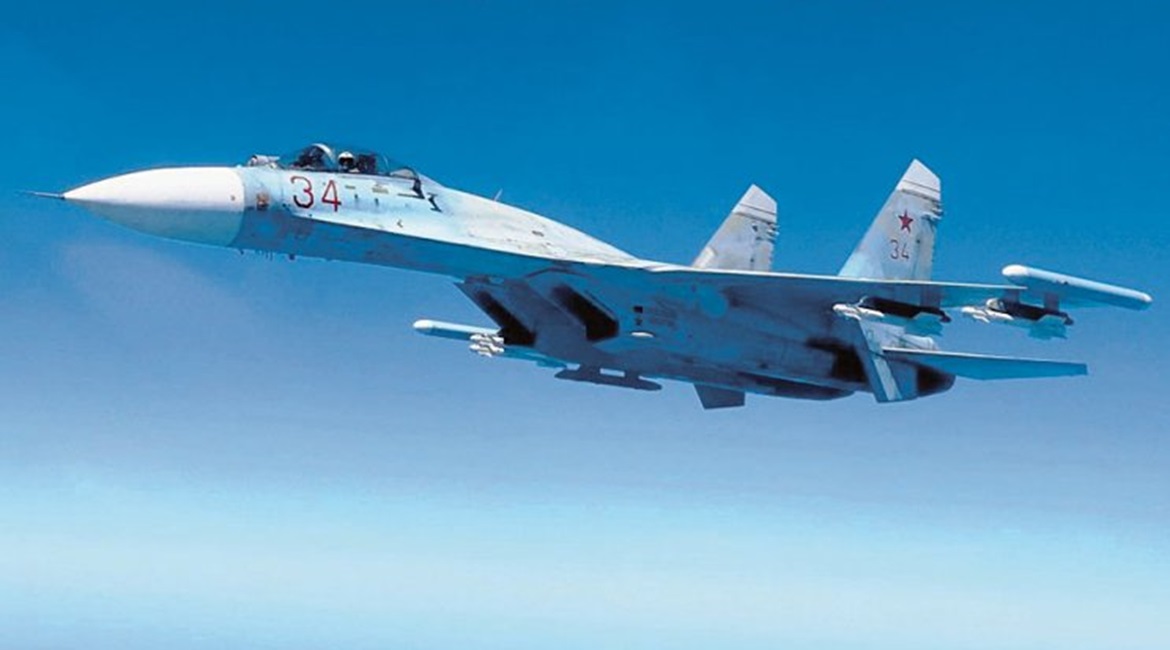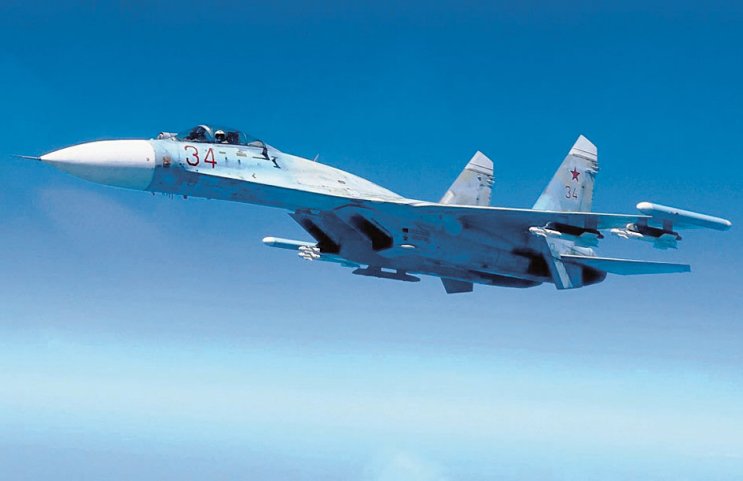
Malaysia is considering a move to push harder on the use of counter-trade – involving local commodities including palm oil – as a means to facilitate defence trade. Jane’s understands that the method is gaining political support in light of the country’s continuing fiscal restraints.
Counter-trade is already an option for supporting defence trade in Malaysia, with the method listed as one of several activities through which defence contractors can fulfil industrial collaboration obligations. This policy – known as the Industrial Collaboration Programme (ICP) – also includes activity including technology transfers, local production, and export facilitation.

Malaysia acquired Su-30 multirole fighters from Russia in the early 2000s with part payment funded through the counter-trade of palm oil. (French MoD)
However, officials told Jane’s at the 2019 LIMA exhibition in Langkawi that counter-trade could become far more prominent as an approach to military procurement if the government decides that the country’s economic environment is likely to continue to limit opportunities for military modernisation.
Several major procurement programmes have been shelved in the past few years and seem unlikely to go ahead any time soon following the admission of Prime Minister Mahathir Mohamad’s administration, shortly after Mohamad assumed office in May 2018, that the government faces debts of USD250 billion.
Challenges for the military were further underscored in late 2018 when the government reduced the 2019 defence budget by 10% to MYR13.91 billion (USD3.4 billion).
Speaking to Jane’s , one government official said counter-trade to support defence acquisitions in Malaysia was used extensively in the past but in recent years had lost momentum because other forms of economic compensation have been prioritised. However, he said the approach could make a return if it is seen to facilitate military modernisation.
Looking to read the full article?
Gain unlimited access to Janes news and more...




